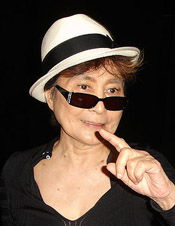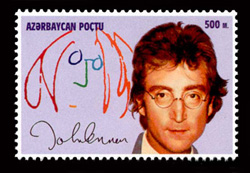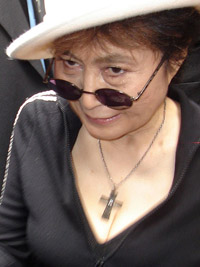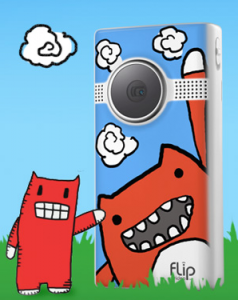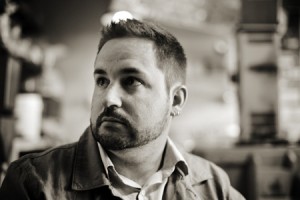Social Media at Tradeshows: 10 Keys to Engagement
I’ve been reading a lot about social media engagement lately – and talking about it a lot, too. Have you noticed that if you even mention the term ‘social media’ to some people, it’s like you handed them a gold Rubik’s Cube. They’ll want to play with it and play with it and never put it down.

But they’ll never solve it, either.
So how do you get on board with social media in your tradeshow marketing?
There’s no one-size-fits-all answer. If there was, we wouldn’t be having this conversation.
Speaking of conversations, what is your audience talking about? Are they discussing your products or services? If so, are you aware of what is being said?
And if you’re aware of it, are you responding? In real-time?
In a Vocus-hosted webinar this week by David Meerman Scott, he stressed that the ‘real-time’ response is what is needed. Because if you don’t see what’s happening in real time and respond accordingly, you’ll get left behind. Or run over by the steamroller.
So when it comes to tradeshows, yes, it’s great to have a strategy in place complete with a bunch of tactics that you intend to use: tweeting out your appearances, posting video interviews, demos and testimonials and launching a bunch of cool visitor photos to Facebook. This is all important.
But are you aware of what your competitor down the tradeshow aisle is doing? Do you know that their customers are going crazy over a new product they just launched? If so, did you insert your company into the conversation in a light-hearted way steering some of those tweeters and bloggers and Facebook-posters your way?
It’s not about all the tweets or videos you post. It’s about getting the attention of your audience in a place where they live.
And when it comes to responding to the pertinent tweets and Facebook postings, as Scott said in the webinar: ‘Speed and agility are decisive competitive advantages.’
Peter Shankman went off on social media marketers this week in a ranting post. I chewed over the post along with the webinar from @DMScott, did a little mashup of those thoughts along with my own and came up with a list of reminders as you prepare to bring social media on board for your tradeshow marketing efforts (thanks to Peter and his readers for a few thoughts and phrases here):
- Awareness – what is the conversation about regarding your products and industry?
- Add value – don’t just try and get more followers to increase your numbers; what of value are you really offering those followers?
- Know the difference between social media and social marketing
- Be available – break the ‘impenetrable wall of stupid’ that seems to surround most companies
- Why? Make the connection with your customers by telling them WHY it matters to you and them
- It’s not about YOU. It’s about your customer.
- Twitter, Facebook, et al are TWO-WAY, not ONE-WAY communication platforms
- Engage. Respond. Repeat.
- Operate in the NOW. Not the past. Not the future.
- Social media are tools. Real-time is a mindset.

photo credit: t3rmin4t0r



